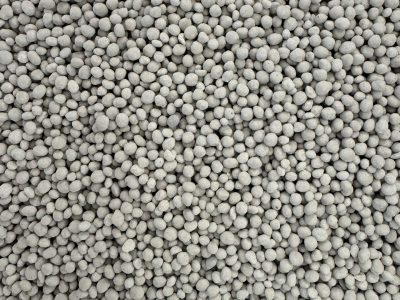$1,225.00/t
A uniform and dust free product with equal nutrients in every granule. An ideal starter fertiliser for crops that have a higher potassium demand and lower phosphate demand.

DDCrop Compound is suited to precision drilling applications when clean uniform granules are a priority. DDCrop compound should be used as a starter fertiliser instead of DAP on crops that have a higher demand for potassium.
DDCrop Compound contains nitrogen in ammonium form, phosphate in water-soluble (ammonium phosphate) form, potassium in chloride form and sulphur in fast acting sulphate from. DDCrop Compound also contains added Boron.
DDCrop Compound is suited to precision drilling applications when clean uniform granules are a priority. DDCrop compound should be used as a starter fertiliser instead of DAP when potassium is a higher requirement than phosphate.